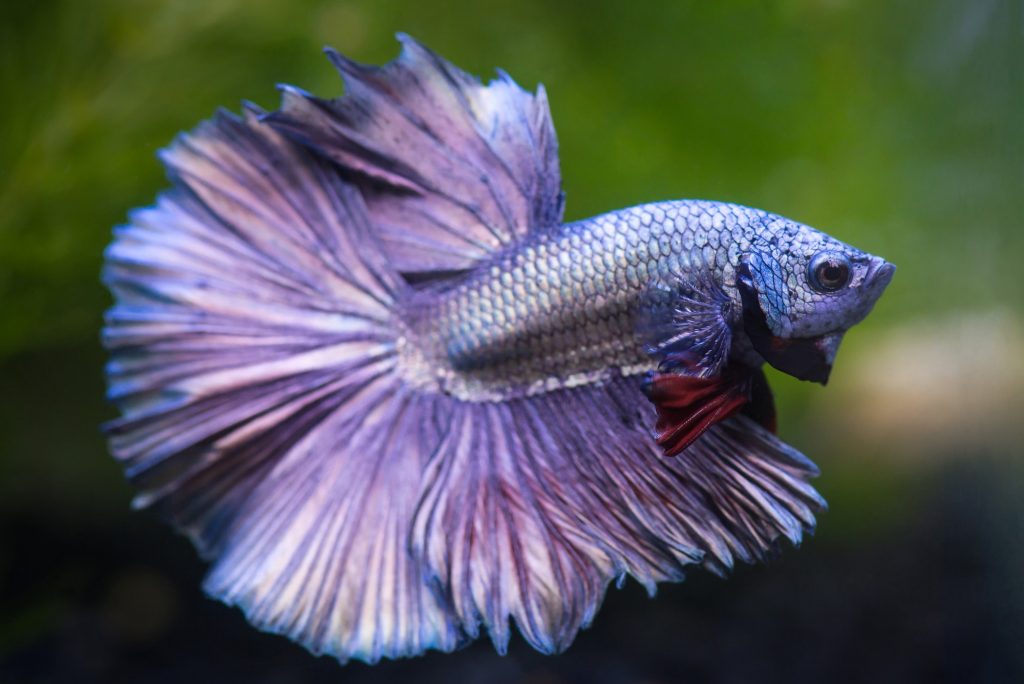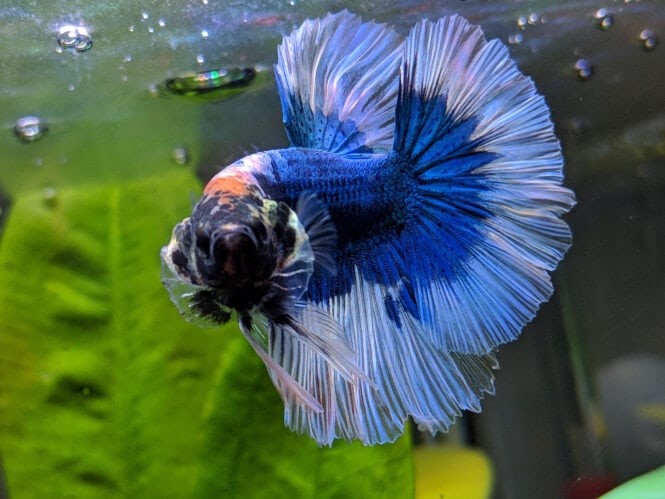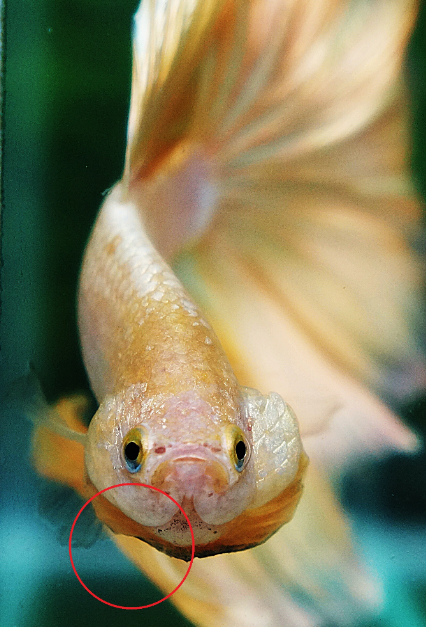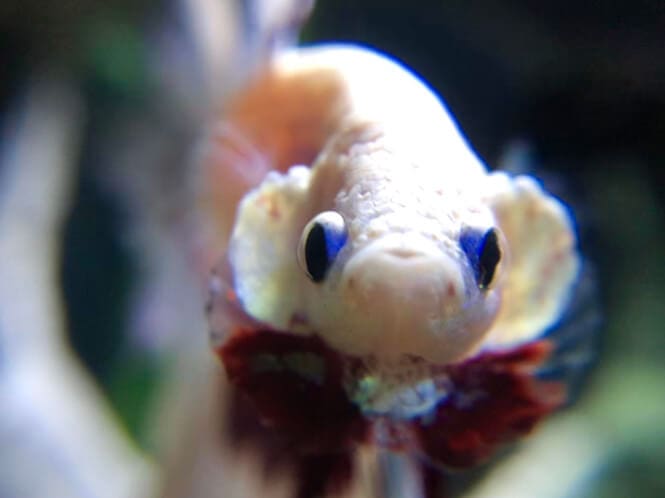Betta Fish Gills
Betta fish are fascinating creatures with unique abilities and physical characteristics. One of their most stunning features is their gills, which play a vital role in their survival. In this article, we will explore betta fish gills in detail, including their function, common problems, and how to keep them healthy.
Pain Points Related to Betta Fish Gills
Betta fish gills are incredibly important to their overall health, and any issues with them can lead to serious health problems that can be fatal. One common problem is gill curl, where the gills curl on themselves, making it difficult for the fish to breathe. This can be caused by changes in water temperature, poor water quality, or stress.
Target of Betta Fish Gills
The function of betta fish gills is essential to their survival. Gills are organs that enable fish to take in oxygen from water and release carbon dioxide. Bettas have a labyrinth organ in their gills, which allows them to breathe air directly from the surface. This means they can survive in shallow water with poor oxygen content for short periods—a unique ability compared to other fish species.
Summary of Main Points Related to Betta Fish Gills
Betta fish gills are complex and essential organs that enable them to breathe and survive. They have a labyrinth organ that allows them to breathe air directly from the surface, making them unique among other fish species. However, poor water quality, temperature changes, and stress can cause a variety of problems, including gill curl and other health issues.
Betta Fish Gills: Personal Experience
I have owned several betta fish over the years, and their gills have always amazed me. I remember watching my first betta fish breathe from the surface and feeling amazed at their ability to take in oxygen from the air. However, I have also had to deal with gill problems with some of my fish, including gill curl and infections. It can be a challenging and stressful experience, but with the right care and treatment, betta fish can recover from gill-related health problems.

Common Problems with Betta Fish Gills
One common problem betta fish can experience with their gills is parasites, such as gill flukes. These tiny worms attach themselves to the gills, causing irritation, inflammation, and respiratory distress. Other problems can include infections, which can cause swelling and redness, making it difficult for fish to breathe. Poor water quality, temperature changes, and stress can also lead to various gill-related issues.

Treatment and Prevention of Betta Fish Gills Problems
To prevent gill problems, it is essential to maintain high water quality by regularly changing the water in your fish tank and ensuring a proper filtration system is in place. Avoid overfeeding your fish, which can lead to excess waste and pollution, and keep the water in the right temperature range to prevent temperature shocks. If you notice any symptoms of gill problems, such as curling or inflammation, consider seeking veterinary care or treating with aquarium-safe products specifically for that issue.

Question and Answer Section
Q: How often should I change the water in my betta fish tank?
A: It is recommended to change the water in your betta fish tank at least once a week to maintain good water quality and prevent gill-related problems.
Q: How can I prevent gill curl in my betta fish?
A: To prevent gill curl, make sure your tank has proper filtration, maintain water temperature, and ensure regular water changes. Avoid stressors such as overcrowding and abrupt changes in water conditions.
Q: Can betta fish survive out of water?
A: While betta fish can breathe air directly from the surface, they still require water to survive. Without water, their skin and gills would dry out, and they would eventually die.
Q: Can betta fish regenerate their gills?
A: Unfortunately, betta fish cannot regenerate damaged or lost gills. This makes it essential to prevent gill-related issues to ensure their overall health and longevity.
Conclusion
Betta fish gills are crucial to their survival and overall health. By maintaining good water quality, providing a nutritious diet, and avoiding stress, you can prevent many gill-related problems. However, if you do notice any symptoms of gill problems, it is essential to seek treatment immediately to prevent further health complications. By understanding the function and care of betta fish gills, you can ensure your fish remains healthy and happy for years to come.
Gallery
Gill Flukes: Betta Fish Parasites - Betta Source

Photo Credit by: bing.com / betta gill fish parasites fluke flukes sick species terminology sitemap community contact reviews health
Why Do Betta Fish Flare Their Gills? (Is It A Bad Or A Good Sign

Photo Credit by: bing.com / betta gills fish flare why their blue
Why Do Betta Fish Flare Their Gills? (Is It A Bad Or A Good Sign

Photo Credit by: bing.com / betta gills fish flare why their flaring wont wilfred comments aquariums
My Betta Has Black Gills Is It Normal? | My Aquarium Club
Photo Credit by: bing.com / gills betta normal
Complete Guide To Betta Fish Diseases And Treatment - Nice Betta

Photo Credit by: bing.com / betta fish gill treatment hyperplasia diseases complete guide

0 Response to "Betta Fish Gills"
Post a Comment